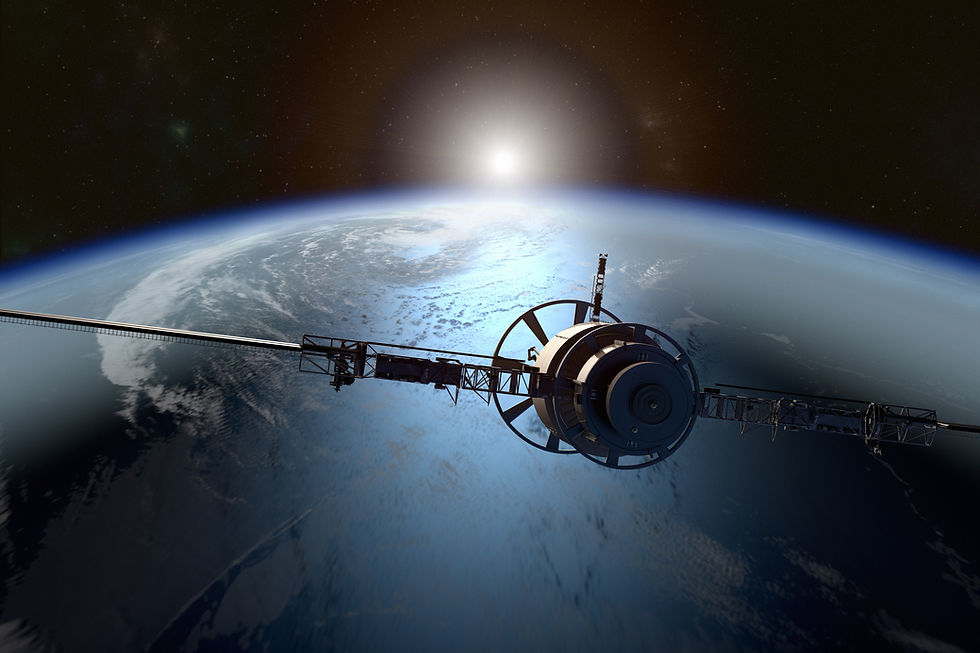A Black Hole that eats one sun a day.
- SAMRAJ S

- Jul 5, 2020
- 2 min read

The fastest-growing black hole within the universe is 34 billion times the mass of our sun. According to the Australian national university, the giant black hole eats one sun a per day. It is one of the brightest black holes in the universe. This giant black hole was first identified in May 2018. The black hole is known as J2157 and is located 12 billion light-years away from the universe.
Astronomers first discovered the J2157 black hole due to its brightness in the ultraviolet. While light can't get away from black holes, this black hole emits X-rays and ultraviolet rays that are created because of its enormous appetite.
Astronomers have also defined this particular black hole because of the most luminous known quasar. Quasars are supermassive black holes in galaxies that emit such a lot of energy through their gaseous disks that they seem like stars through telescopes. This black hole is growing so rapidly that it's shining thousands of times more brightly than a whole galaxy, because of all the gases it sucks in daily that caused many friction and warmth, said Christian Wolf, an author on both the 2018 and new studies and professor at Australian National University, when the black hole was first discovered two years ago.

If we had this monster sitting at the center of our Milky Way galaxy, it might appear 10 times brighter than a full-of-the-moon. It would appear as an incredibly bright pin-point star that might almost wash out all the stars within the sky. It would likely make life on Earth impossible with large amounts of X-rays emanating from it. How much black holes can swallow depends on what proportion mass they have already got? So, for this one to be devouring the matter at such a high rate, we thought it could become a replacement record holder.
Further study and observation of this black hole also will shed light on its host galaxy, which can reveal more information about the first universe and the way massive black holes evolved early on.
With such a huge black hole, we're also excited to ascertain what we will study the galaxy during which it's growing, Onken said.











Comments